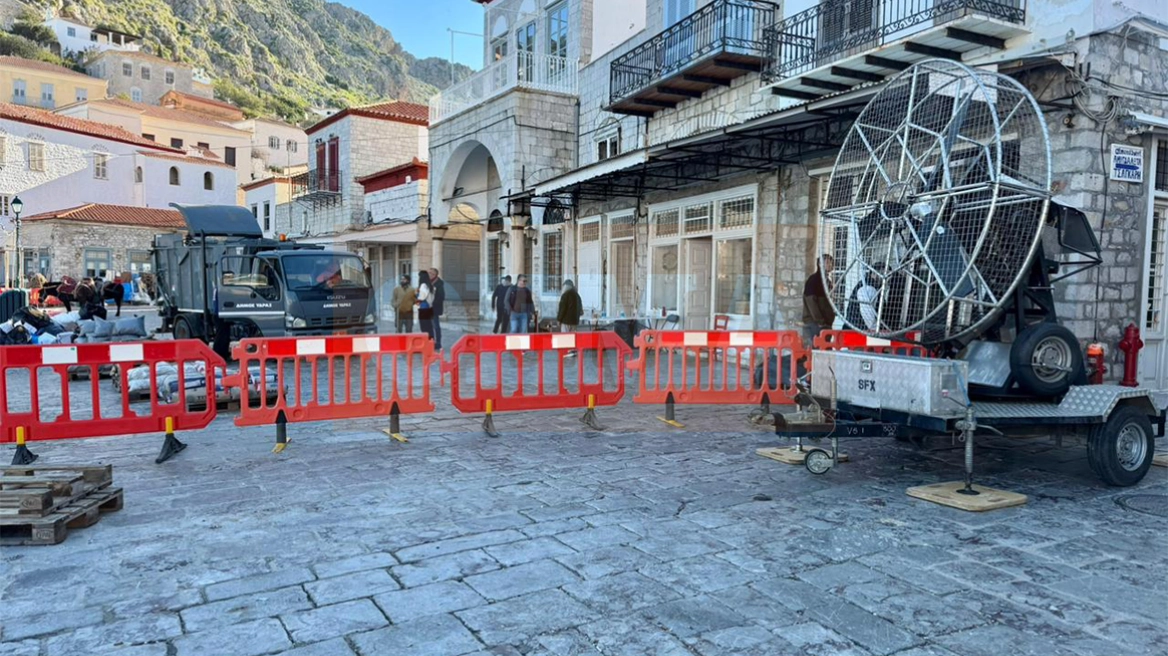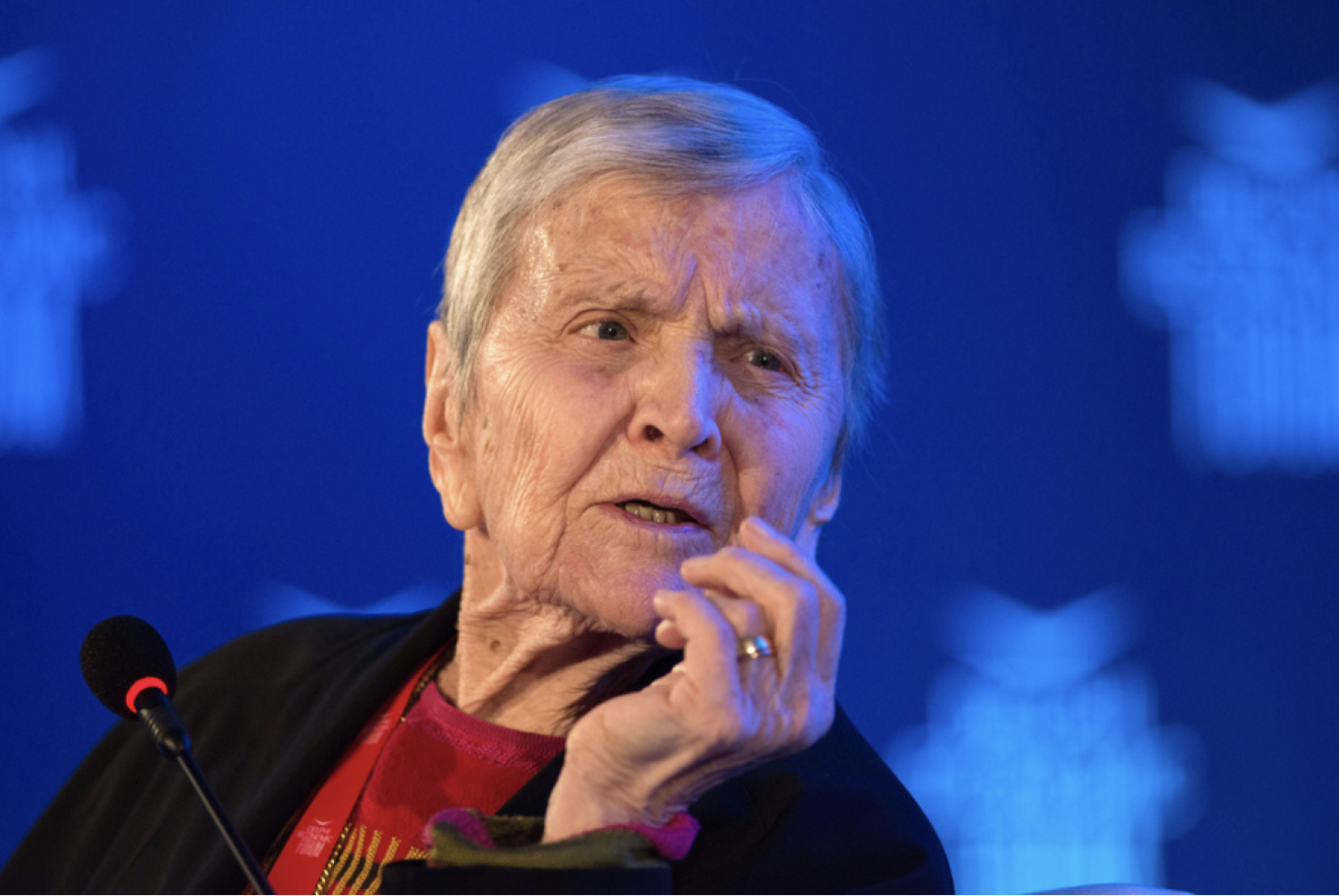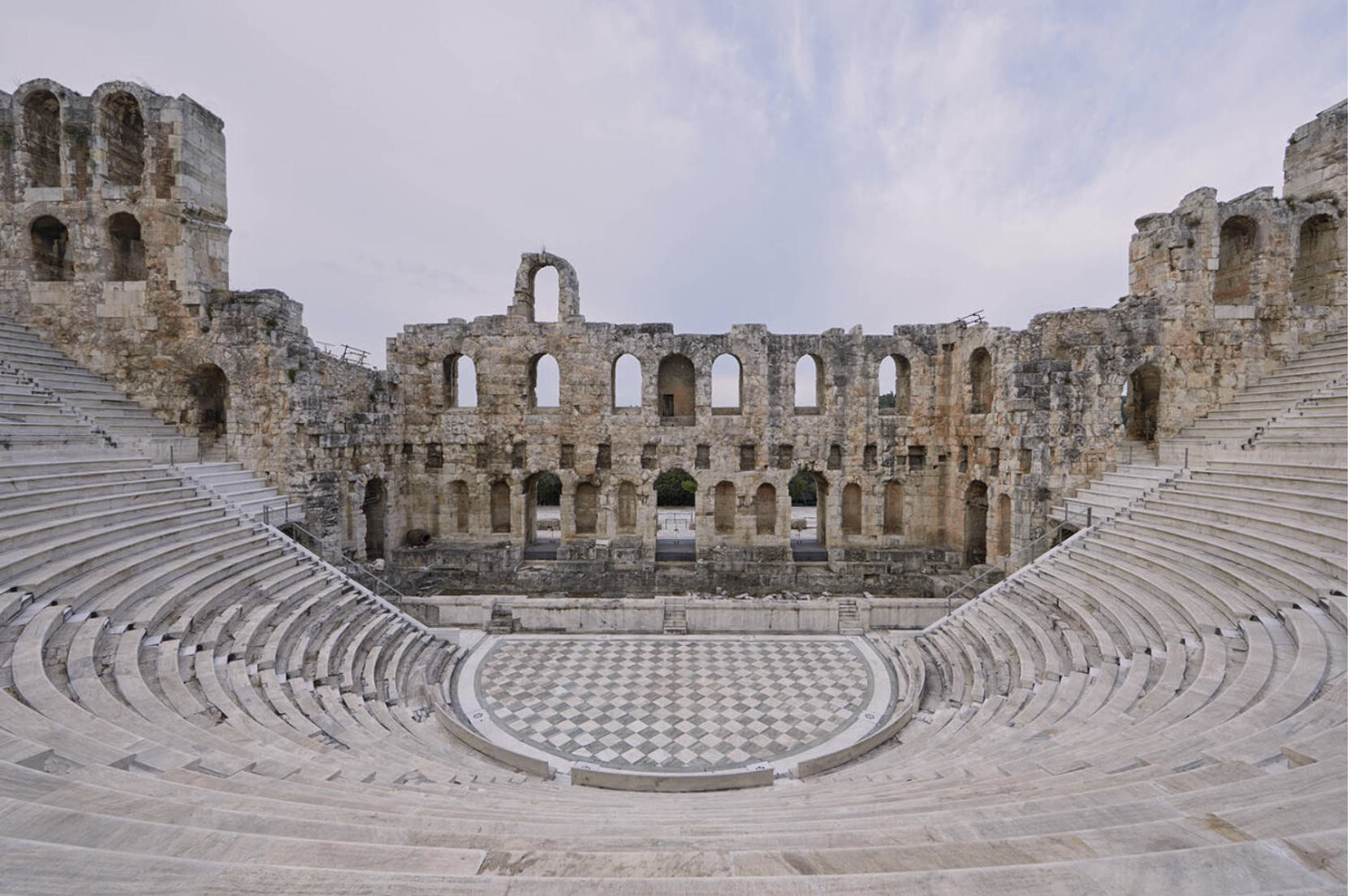It is no secret that London is steadily turning into a Muslim-dominated city. The numbers are revealing and clearly bear this trend out, with projections it will become even more uni-religious in the future.
The “Islamic” face of the British capital can be seen by the increasing number of official Shariah courts operating in the capital and the plenty of mosques popping up all across cities.
“London is more Islamic than many Muslim countries put together,” Maulana Syed Raza Rizvi, an Islamic preacher, was quoted as saying in the local media.
Although London is touted as one of the most multicultural cities, the fact that a single religious culture is gradually dominating is a paradox to the concept itself. “Terrorists cannot stand London’s multiculturalism”, London Mayor Sadiq Khan had said after the deadly terror attack at Westminster last year. A strange statement really, given that the Paris terror attack suspect Salah Abdeslamb had evaded arrest by hiding in the Muslim dominated city of Molenbeek in Brussels.
There are 423 new mosques in London and most are crowded at prayer times unlike many churches which rarely see visitors.
London is also full of Shariah courts. There are officially 100. The advent of this parallel judicial system has been made possible thanks to the British Arbitration Act and the system of Alternative Dispute Resolution.
By 2020, estimates are that the number of Muslims attending prayers will reach at least 683,000, while the number of Christians attending weekly Mass will drop to 679,000.
Since 2001, 500 London churches of all denominations have been turned into private homes. During the same period, the number of British mosques has increased dramatically. Between 2012 and 2014, the proportion of Britons who identify themselves as Anglicans fell from 21% to 17%, a decrease of 1.7 million people, while, according to a survey conducted by the respected NatCen Social Research Institute, the number of Muslims has grown by almost a million. Churchgoers are declining at a rate that within a generation, their number will be three times lower than that of Muslims who go regularly to a mosque on Friday.
Ask me anything
Explore related questions





